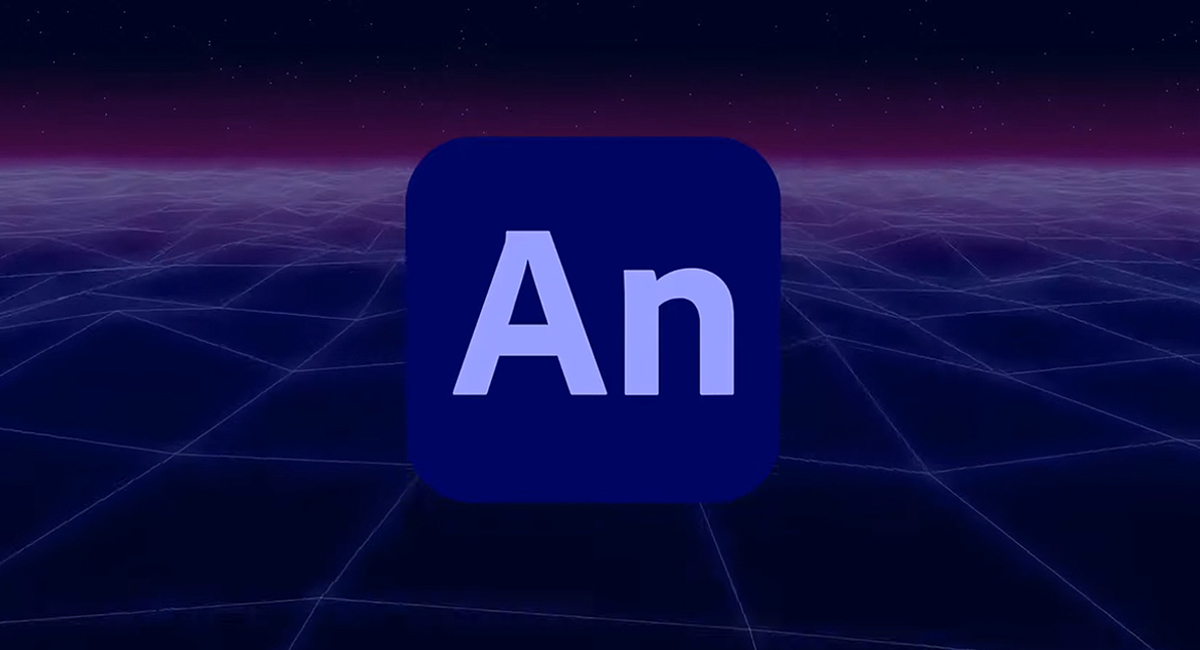7 ways to craft a killer self-promo campaign
Make sure you always get the essentials right with our expert tips.

Daily design news, reviews, how-tos and more, as picked by the editors.
You are now subscribed
Your newsletter sign-up was successful
Want to add more newsletters?

Five times a week
CreativeBloq
Your daily dose of creative inspiration: unmissable art, design and tech news, reviews, expert commentary and buying advice.

Once a week
By Design
The design newsletter from Creative Bloq, bringing you the latest news and inspiration from the worlds of graphic design, branding, typography and more.

Once a week
State of the Art
Our digital art newsletter is your go-to source for the latest news, trends, and inspiration from the worlds of art, illustration, 3D modelling, game design, animation, and beyond.

Seasonal (around events)
Brand Impact Awards
Make an impression. Sign up to learn more about this prestigious award scheme, which celebrates the best of branding.
A crucial part of your job as a creative is to market yourself – whether you're a freelancer, in-house designer or head of a design studio. Half of this will involve having a slick, up-to-date portfolio – but the other ingredients are savvy self-promo and the ability to network. Here, we're going to focus on self-promo.
The fundamental secrets for crafting a sharp self-promo campaign are the same, whatever your medium. Whether you’re using a piece of tactile print collateral to catch a commissioning editor’s eye, or enticing a prospective client to click through from your e-newsletter, make sure you hit all the right notes with these seven expert tips.
01. Think about figures first
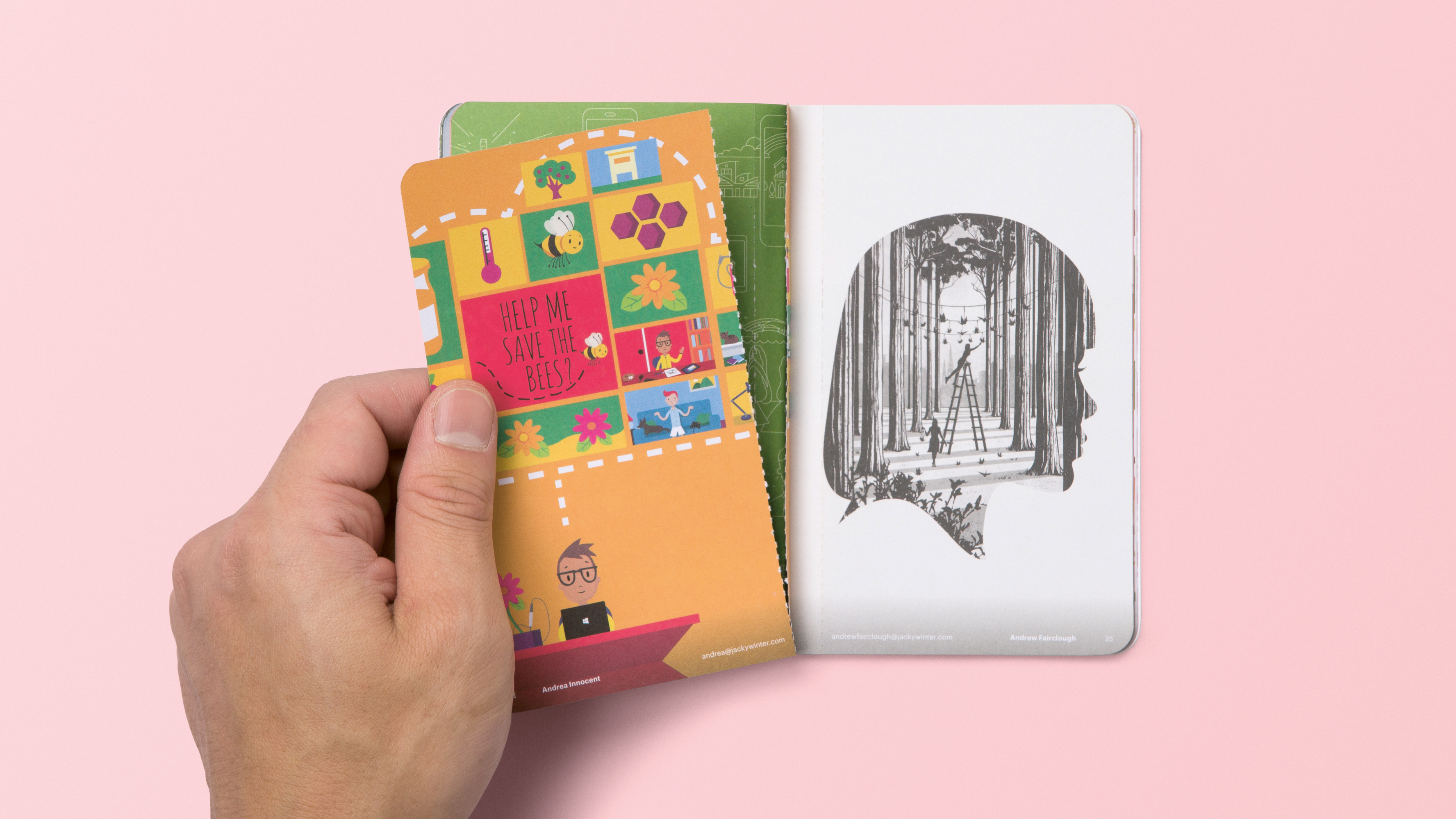
Think carefully about costs before you start. While you’ll be hoping for quick, positive results, be realistic about how much you can afford to spend based on current finances. Set – and stick to – a budget that won’t cripple you while you’re waiting to reap the benefits.
A little budget doesn't have to mean compromising on quality, though; take a look at our guide to dealing with a tiny design budget. And it's not always the most outlandish ideas that make an impact.
The Jacky Winter Group is a creative representation agency that produces an annual 'Field Guide' to its artists. Perforated pages ensure potential clients can tear out and keep any work examples they particularly like. It's simple but effective.
02. Work out your call to action
A great self-promo campaign starts with a clear objective. While the ultimate aim is to win work, you’ll need to identify a more immediate call to action – whether that’s viewing your website or using your branded product. Your self-promotion materials and communication should always be created with this initial response in mind.
03. Target the right people
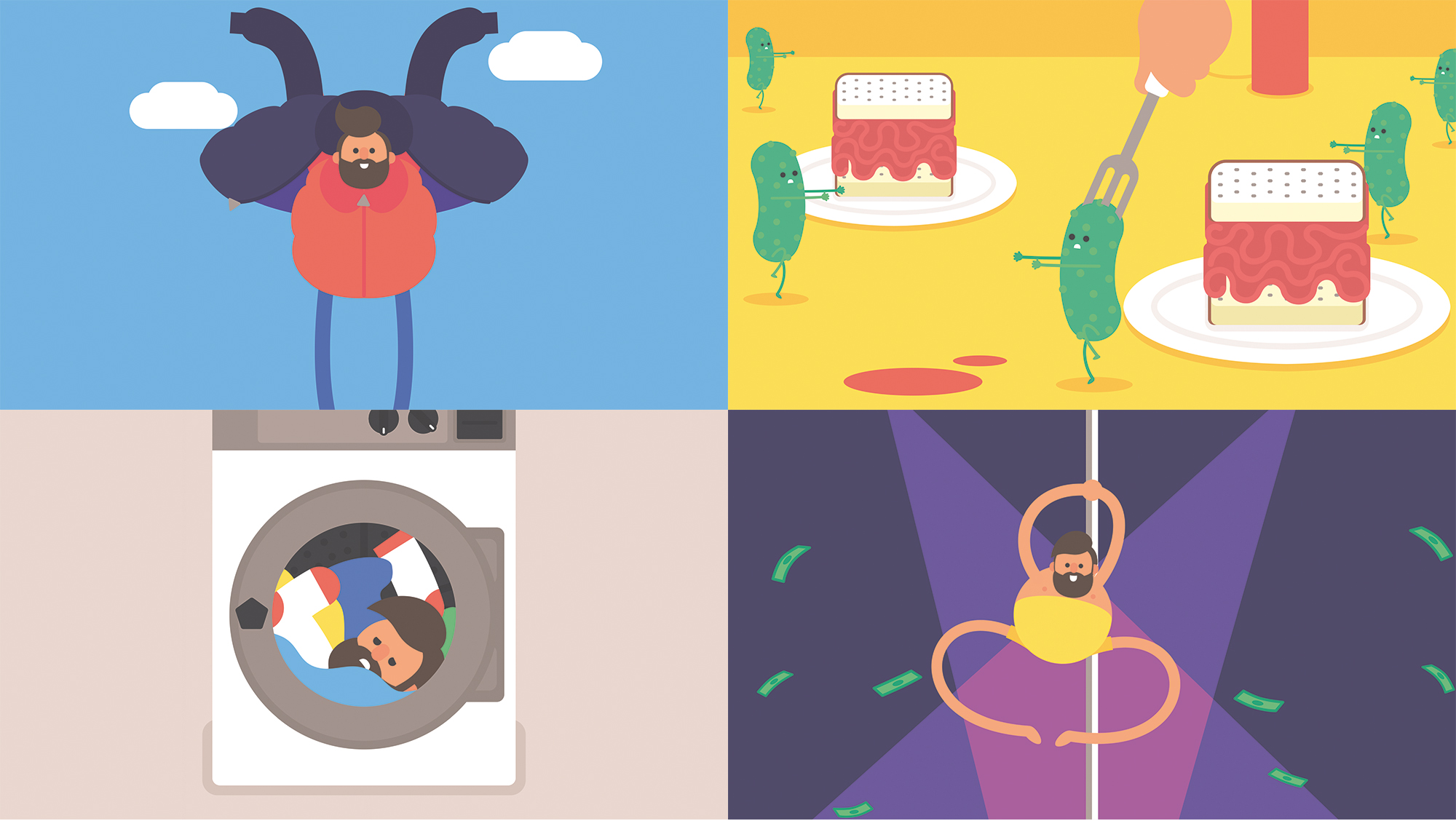
You’ll need to have a clear brand message in mind. You need to know exactly what you’re selling and who you’re selling it to, before you think about the how.
Daily design news, reviews, how-tos and more, as picked by the editors.
To make sure your carefully crafted campaign reaches the right person at the right time, pick up the phone and do some research. There’s no point writing to an abandoned inbox, sending parcels to an obsolete address or targeting someone who’s abroad at a trade show.
London-based animation director James Curran played to his audience with his 30-day GIFathon that saw him post a new GIF on his Instagram page every day for a month. He showed off his skills and gained around 10,000 new followers in the process.
04. Find a hook
Think tactically about your target audience and what’s most likely to grab their attention. A time-pressed art editor who sees numerous portfolios may appreciate the convenience of a click-through from a digital mailer, but tactile print collateral that’s designed to wow will always cut through digital noise.
05. Execute properly
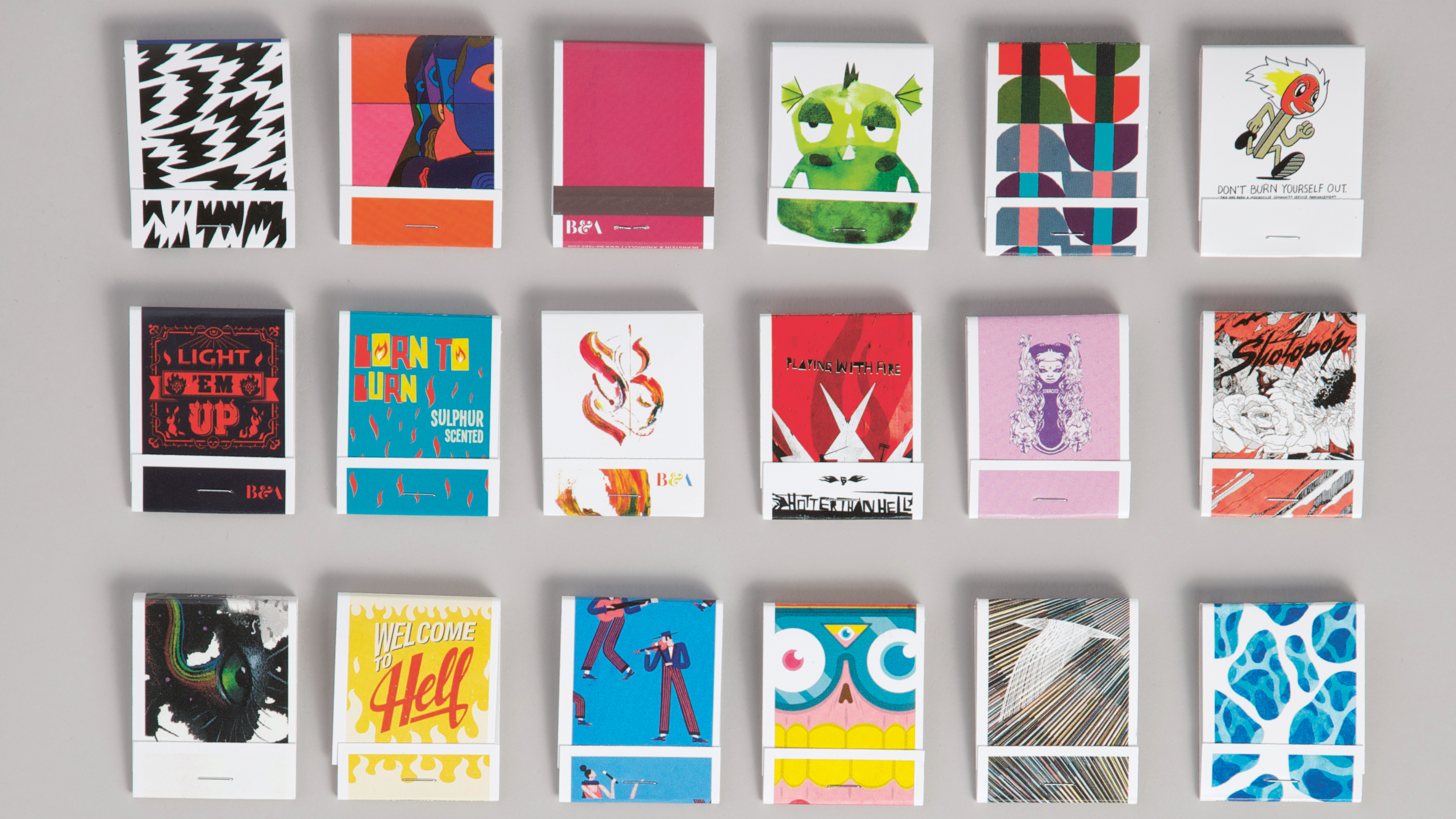
A cracking idea is a great starting point, but the execution needs to do it justice: craft matters as much as concept. This doesn’t have to mean spending a lot of money – it might simply be a case of putting in the time and effort to make your campaign great.
Remember: no self-promo campaign exists in a vacuum. It’s part of a wider branding system and needs to work well with your visual identity – your logo (if you have one), colour schemes and so on – unless it’s a deliberate change.

New York agency Bernstein & Andriulli showed off its illustrators' work by printing thumbnail examples onto matchbooks for potential clients to keep and use. A slightly different approach helped the company stand out and stick in clients' memories.
06. Pay attention to detail
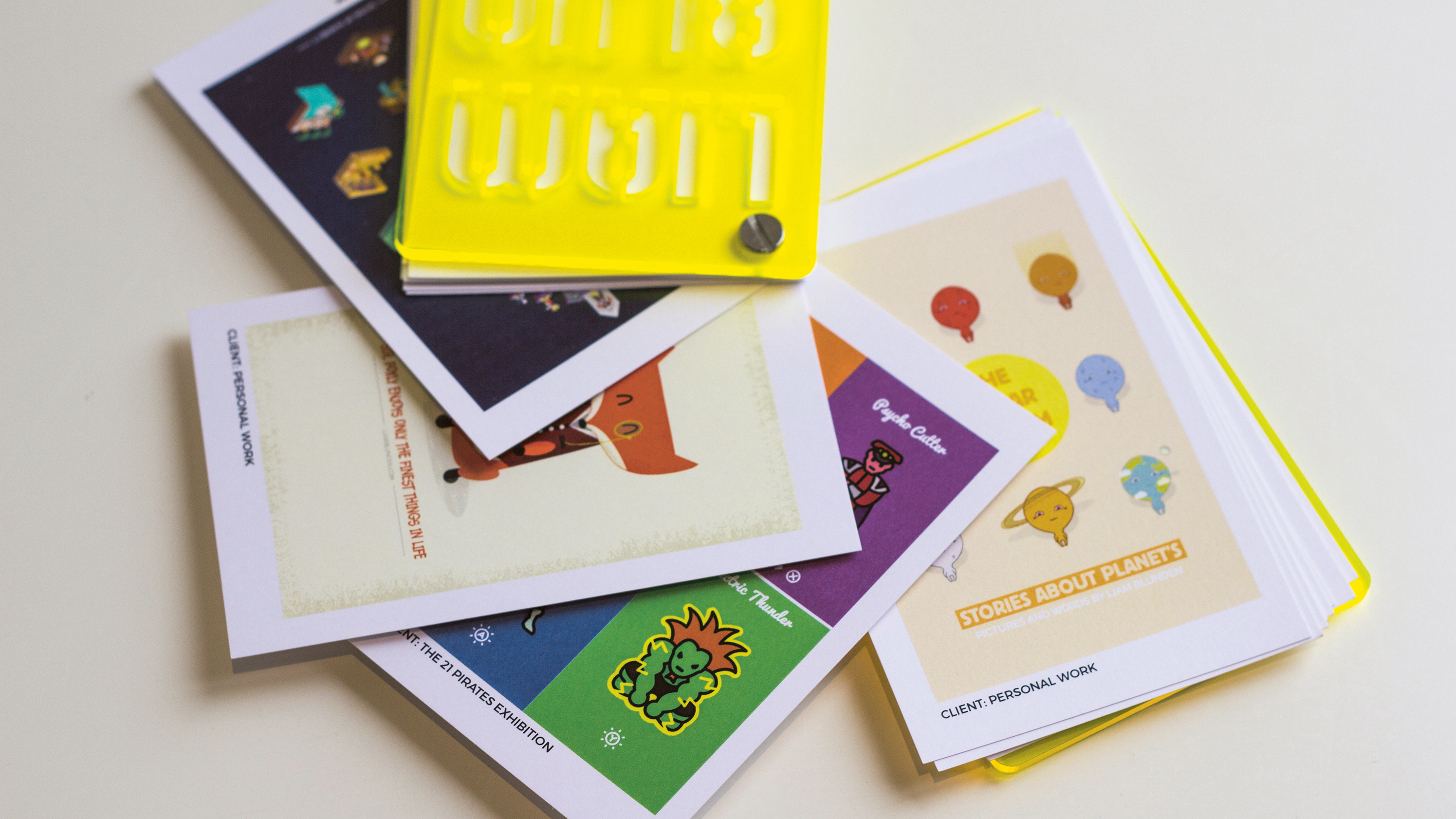
Pay very careful attention to the finer details of your campaign and enlist other people to check over the final product before you send it. Your amazing first impression could all too easily be scuppered by a spelling error or printing mess up – you don’t want to be remembered for all the wrong reasons.
And do an initial test run to iron out any delivery issues before launch. The fact that you’ve underpaid on postage, your email looks wrong on a major operating system or you’ve hidden a video from public view isn’t something you’ll want to hear from other people.
When visual communication student Liam Blunden was invited to a job interview, he decided to make a lasting impression with a leave-behind inspired by the Pantone colour guides. Blunden's miniature portfolio featured a laser cut acrylic cover to make it sturdier, and was pocket-sized, perfect for carrying around. While a PDF portfolio could contain the same work, the attention to detail on this made a real impact.
07. Don’t be a stalker
Contact recipients to check they received your promo, ask what they thought and suggest a meeting, but don’t become their new stalker or expect instant attention.
A week is often a good time to leave it, as your promo will still be fresh in their minds without you seeming over-eager.
Read more:

The Creative Bloq team is made up of a group of art and design enthusiasts, and has changed and evolved since Creative Bloq began back in 2012. The current website team consists of eight full-time members of staff: Editor Georgia Coggan, Deputy Editor Rosie Hilder, Ecommerce Editor Beren Neale, Senior News Editor Daniel Piper, Editor, Digital Art and 3D Ian Dean, Tech Reviews Editor Erlingur Einarsson, Ecommerce Writer Beth Nicholls and Staff Writer Natalie Fear, as well as a roster of freelancers from around the world. The ImagineFX magazine team also pitch in, ensuring that content from leading digital art publication ImagineFX is represented on Creative Bloq.
